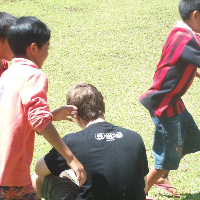i got the lower levels of the if statement correct. however i'm trying to have actor1 move IF actor2 reaches a given coordinate.
the pseudocode would be:
if ( getX of actor2 =380)
{
do command
}
what would be the correct/best way to implement this?
TIA!






